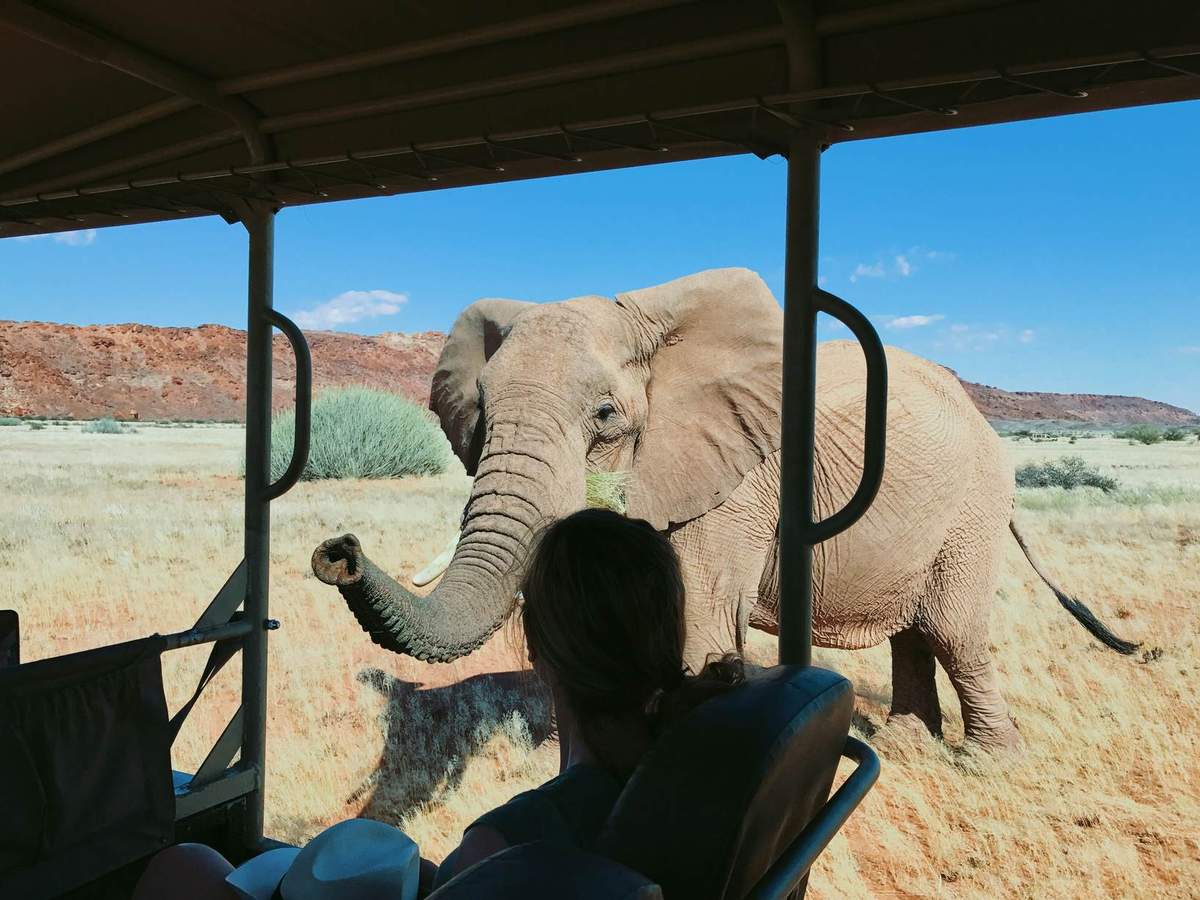Cycling the mission villages of the Cape Winelands

Aug 29, 2018 • 5 min read

Kylemore, a place were derelict buildings and street art rub shoulders with luxury homes and staggering scenery © Simon Richmond / Lonely Planet
Hiding in plain sight, the beautiful Dwars River Valley in the Western Cape's Winelands has been something of a blind spot on the tourist radar as visitors dash between the storied wine estates and chic restaurants of Stellenbosch and Franschhoek. The Dwars River Escape Route aims to change that, offering, among other things, a guided mountain biking trail through historic villages and a gorgeous landscape.

On your bike at Boschendal
The route was developed with the assistance of Open Africa, an organisation that supports community-based tourism enterprises across the continent, and long-established Cape Town-based operator Coffeebean Routes, through whom tours with local guides can be booked. A street art festival in 2017 resulted in 12 site-specific murals, including eight by local artists, distributed across the three villages of Pniël, Kylemore, and Lanquedoch and the hamlet of Johannesdal. Together they provide a unique visual identity and create an additional reason for visitors to pause in the area.
Flanked by the dramatic Simonsberg and Groot Drakenstein mountains, the trail starts and finishes at Boschendal. One of the Winelands most historic estates, Boschendal was founded by the French Huguenot Jean le Long in 1685 and sports elegant Cape Dutch architecture and gardens. As well as wine tastings, cellar tours and a variety of dining options (including luscious picnic baskets packed with local gourmet goodies), the estate offers farm stays and has created five mountain biking trails, sections of which form part of the Dwars River Valley Route between the villages. Mountain bikes can be hired on the estate for R400 (US$29) per day plus R50 (U$$3.50) for an annual permit that helps with the upkeep of the trails. YnC Bike Rentals has also recently been set up in Kylemore.

Pniël & Johannesdal
The Western Cape's wine industry has its roots in slavery, a reminder of which is the slave bell that stands on Die Werf, the small park in the centre of Pniël. Pronounced Pin-yel and meaning ‘face of God’, the village was established as a church mission station in 1843 for slaves who had been freed by emancipation in the Cape nine years earlier. One of the first stops on the tour is at the Pniël Museum. Overseen by retired teacher Matthew Cyster, the museum occupies a 17th century farmhouse.
As Cyster leads you around the historical displays, he is likely to point out the village's love of sport, and particularly of rugby. There's memorabilia associated with home-grown rugby stars such as Trevor Adams and Ivor Myburgh. And one of the four street art murals around the town is of a rugby player – painted in trippy bright colours – crouched in front of the Simonsberg peaks.
Next to the museum there is a pleasant tea garden (10am-3pm, Tue-Sat & 3-6pm Sun) and a compact art gallery run by and exhibiting the work of local artist Marinda du Toit. Pedal uphill and you'll discover a pétanque field with a beguiling view of the landscape towards Franschhoek. Just south of the village in Johannesdal look out for a mural of a pair of snails flanking the all-seeing eye of a chameleon: it was painted by famed Capetonian street artist Mak1One.

Kylemore
From Pniël you can freewheel down into the valley where a gently undulating trail runs through the lush greenery beside the Dwars River. It's about 5km to Kylemore, where the economic divisions that continue to plague South Africa become more plain to see: abandoned and squatted housing, such as that used by the artists Gerald Makatees and Ello Xray Eyez for their murals, sit beside the million rand homes of the gated Capolovaro housing estate. Brightening up scrappy Daffodil Park are a couple more murals, including one by 13-year-old Reduwaan, the youngest of the artists to take part in the 2017 festival.

The welcome is warm at Beker en Bord (meaning 'cup and plate' in Afrikaans), a charming and quirky restaurant run out of the home of Sienna and Stanley Charles. 'Aunty' Sienna is a larger than life character who has made a name for herself in Kylemore – she set up and runs a soup kitchen that helps feed up to 300 people. She can tell a great story, loves to collect junk to decorate the restaurant, and is a great home cook. Expect to taste local specialties such as roosterbrood (bread baked over coals), tomato bredie (stew) and koesusters (a kind of doughnut).

Lanquedoc
To reach Lanquedoc you'll cycle through New Bethlehem Farm, which sits on land originally granted to Pierre Simond, the Minister who accompanied the French Huguenot refugees to the Cape in 1688. Fruit is grown here as it was during the time when Cecil Rhodes– the mining magnate and Prime Minister of the Cape Colony in the late 19th century – was the major landowner in the region. It was Rhodes who commissioned the architect Herbert Baker to design the row of workers' cottages that form the original spine of Lanquedoc.
Baker's workers' village of Cape Dutch buildings included a shop, the Anglican St Giles church and a school, all of which still stand. A local guide here will meet you to share stories from the village's history. Before leaving you'll also have time to admire the last artwork on the route. Entitled The Future is in Your Hands and created by UrbanKhoi, its ingenious design features a pair of hands spread across the split facade of a family home with the rugged majesty of the Drakenstein Mountains in the background.
Plan with a local




